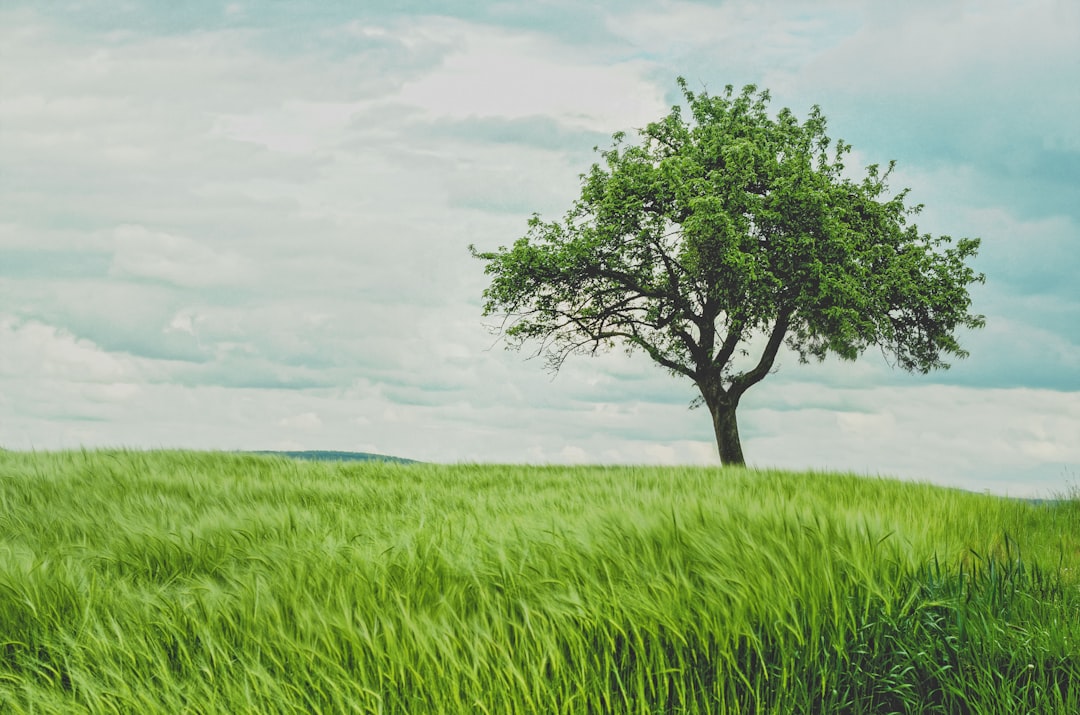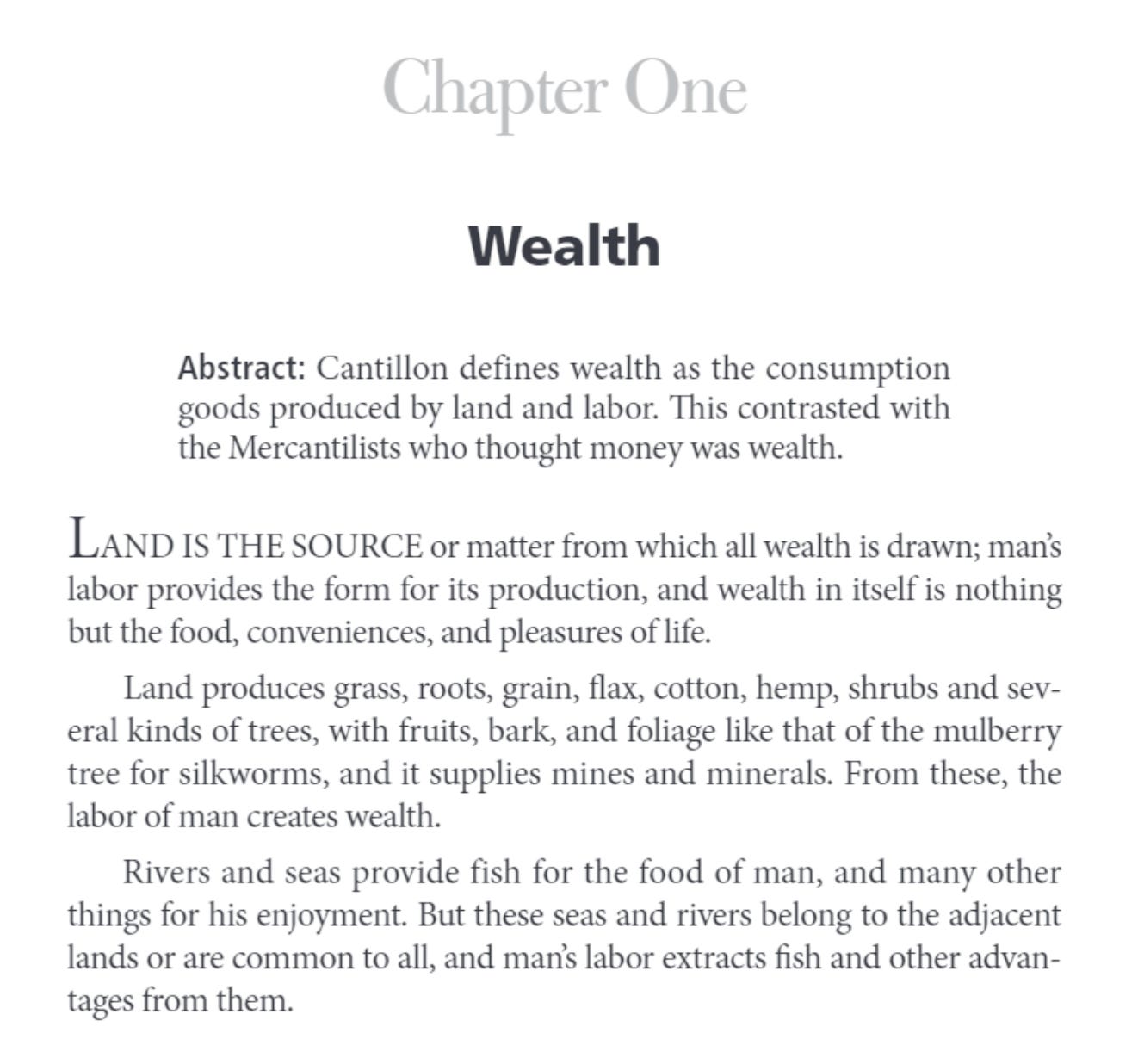Divide each difficulty into as many parts as is feasible and necessary to resolve it.
Rene Descartes
Aristotle represented a mystical time when the universe was believed to be awe inspiring and the source of many theologians spirituality. Humans were part of the miasma of wonder, not its self-appointed pivot or axis. We might use abstraction as a better way of perceiving the whole but we retained the ideas of Pythagorean wonder — looking at patterns, not just the individual thing. A fabric, not unlike the vastness of the galaxies above us as we toiled away below.
The eponymous Cartesian way of thinking was spawned by the scientific discoveries of Copernicus, Newton, and Galileo. Suddenly there was something smaller and infinitesimal to quantify and measure. If we couldn’t find it in scientific theory and atomic or subatomic parts, was it really relevant? The mystical fell away and it was quantify, quantify, or bust.
Analytical thinking was born. Thankfully in the 20th century a biochemist, Lawrence Henderson began using the term “system” to describe the complex interaction between living organisms and their social surroundings. Aristotle, Goethe and Kant may be considered the early systems thinkers. My work this year is focused on reuniting the individual or parts to the contextual system of origin.
System thinking is contextual, which is the opposite of analytical. Analysis means taking something apart in order to understand it; systems thinking means putting into the context of a larger whole. The Web of Life, Fritjof Capra (affiliate link)
Werner Heisenberg, one of the founders of quantum theory, “the world disappears as a complicated tissue of events, in which connections of different kinds, alternate or overlap, or combine and thereby determine the texture of the whole.”
Everybody is a storyteller but what are the stories they are telling? What we often lack in the stories we tell is the accountability for the true cost of manufacturing, production and transport. A generation before Adam Smith’s Wealth of Nations, Cantillon noted that land was being used to create wealth — Richard Cantillon: An Essay on Economic Theory (1730).
Resources belong to our ecosystem, not the mine owners, commercial fishing fleets, or industrial agriculture companies, for example.
Anne Robert Jacques Turgot was an early advocate for economic liberalism (1727-1781) and the history of our current economy would be incomplete without his writings and letters.
The husbandman is the only one whose industry produces more than the wages of his labor. He, therefore is the unique source of all wealth.
The position of the husbandman is materially different. The soil, independent of any other man, or of any agreement, pays him directly the price of his toil. Nature does not bargain with him to compel him to content himself with what is absolutely necessary. What she grants is neither related to his wants, nor a contractual valuation of the price of his days of work. It is the physical result of the fertility of the soil, and of the wisdom, far more than the laboriousness, of the means which he has employed to render it fruitful. As soon as the labor of the husbandman produces more than his wants, he can, with the surplus which nature accords him as a pure gift above the wages of his toil, purchase the labor of other members of society. The latter, in selling to him, only obtain a livelihood; but the husbandman, besides his subsistence, collects an independent and disposable wealth, which he has not purchased and which he sells. He is, therefore, the unique source of the wealth which, by its circulation, animates all the industry of society, because he is the only one whose labor produces more than the wages of his labor. — Turgot
“What we observe is not nature itself, but nature exposed to our method of questioning”
(Werner Heisenberg published in Physics and Philosophy: The Revolution in Modern Science (1958))
It is through deeper reading and scholarship that the missing puzzles to the modern world can begin to decontextualize important narratives moving forward. Not the promise of AI and diminished labor markets as we automate our humanity and forget our fellow species in peril.
Descartes is credited with the ideology of man being the master and possessor of nature. He stated about the Tree of Knowledge “whose roots are metaphysics, whose trunk is physics, and whose branches, which issue from this trunk, are all the other sciences. These reduce themselves to three principal ones, namely, medicine, mechanics, and morals.”
In reality, perhaps we should think of the tree as a connective tissue of patterns, not partitioned schools of thought, and its existence dependent on perspective — and importantly, the realization that our accounting has left the debt of planetary resources to future generations…




